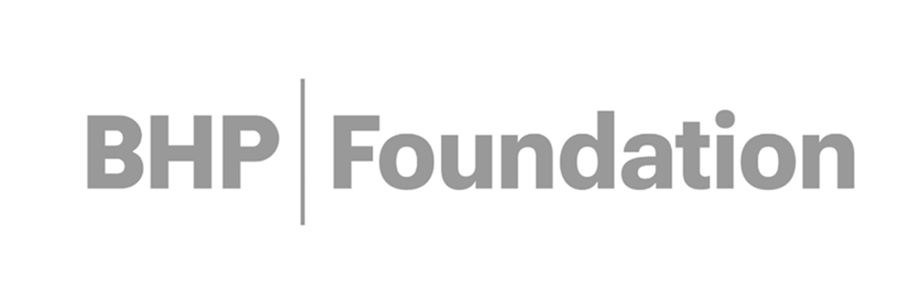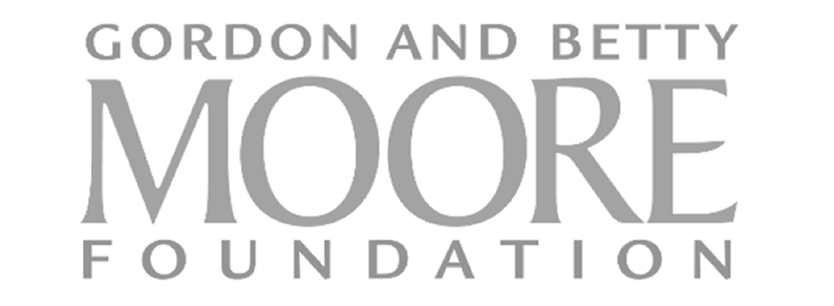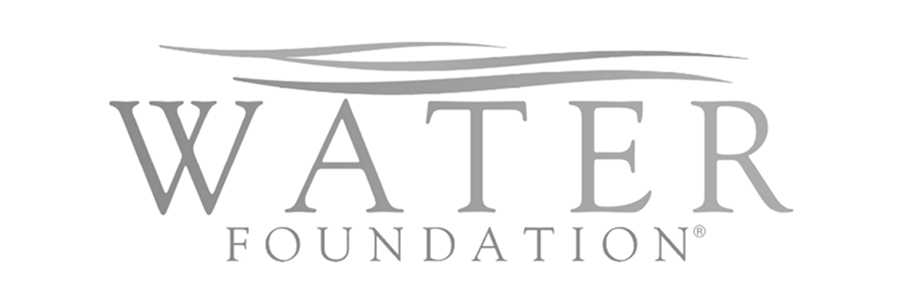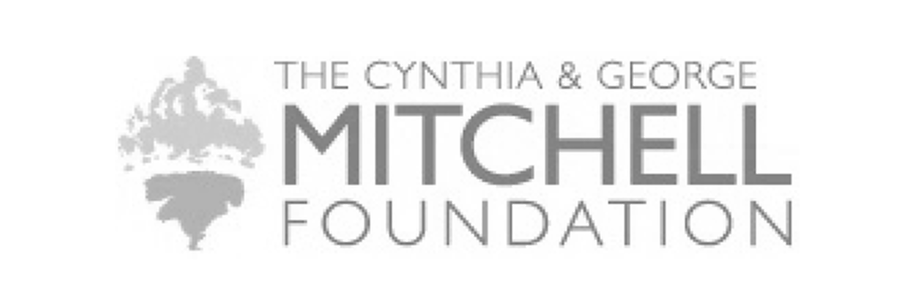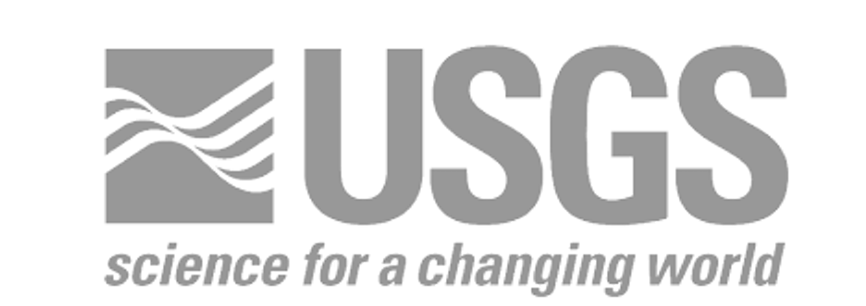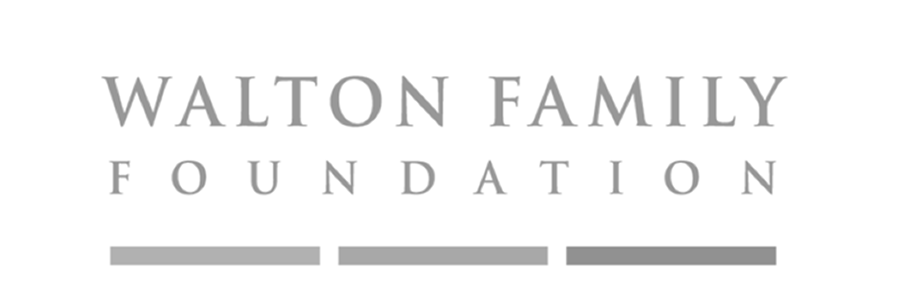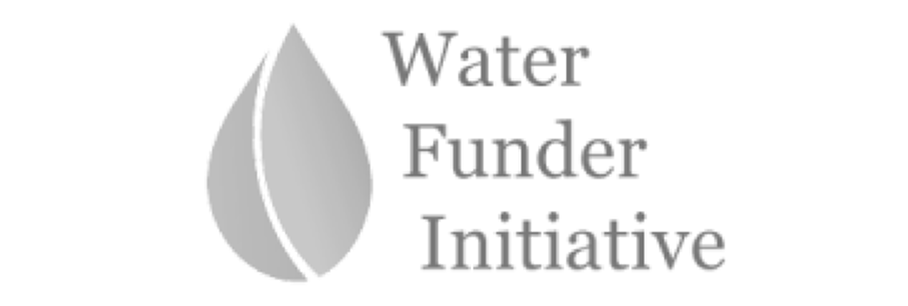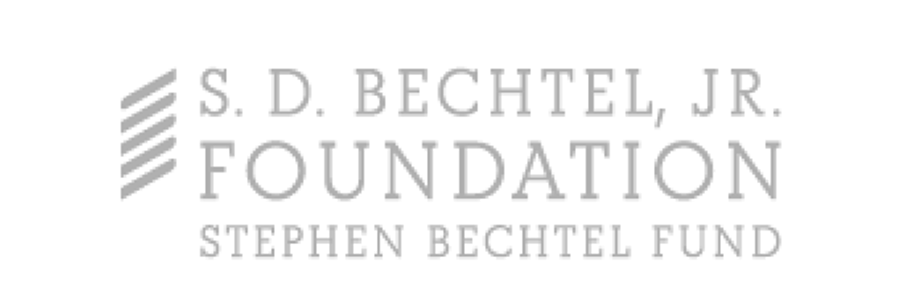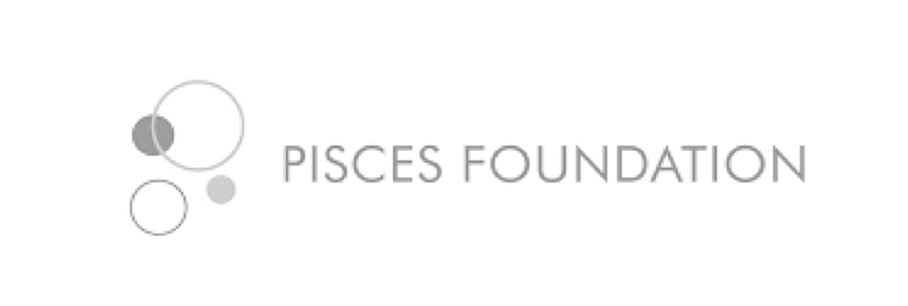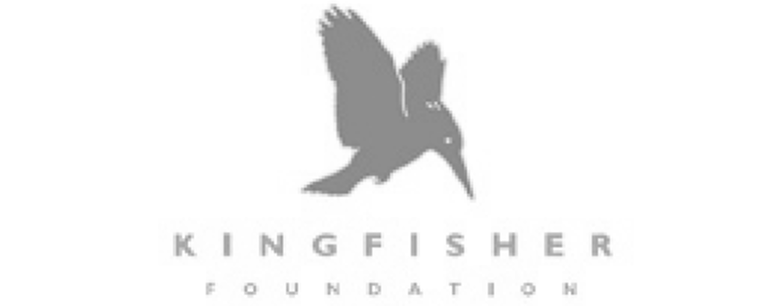Better Water Data for Better Water Management
The Coalition is a group of organizations working together with federal, state, and local government partners to build foundational water data infrastructure across the US and create a community of people and organizations using water data to make better decisions.
Through close collaboration and engagement, we help partners modernize their water data infrastructure to make more effective water management decisions. We provide tools that improve the discoverability, accessibility, and usability of water data, develop educational programs for data producers, users, and decision-makers, and build access to a nationwide community of practice.
Building Data Infrastructure
Enabling integrated and shared water data from public agencies (state, local, and tribal governments) and NGOs by providing the essential, missing technology to make an internet of water possible.
Empowering Communities
Demonstrating the value of integrated water data through projects and products that address near-term water management problems.
Building a Sustainable Network
Building a network of water data producers, users, and decision-makers across the nation to advance the uptake of modern technologies and improve water management outcomes
Modern water data infrastructure is the key to overcoming the barriers that make water data hard to find, access, and integrate. This infrastructure consists of both essential technology and best practices deployed by data producers and hubs in the network. Most water data is hard to find because it is fragmented across many organizations. Currently, using water data requires specialized knowledge—about which organizations collect what kinds of water data in which geographies—to address particular questions and problems. This problem is known as “findability” or “discoverability.” Improving water data discoverability will require two key improvements to common water data publishing practices: (1) publishing high-quality metadata that describes the data and specifies how to interpret them, and (2) tying the data to real-world geography in a consistent way. In collaboration with our partners at the USGS, the IoW Coalition is cultivating and strengthening metadata best practices and developing a water-specific search index—Geoconnex—that links the data to geographic features like streams, watersheds, aquifers, and administrative boundaries.
Once water data is found, it is often hard to access because it is held in closed systems (like Excel spreadsheets). Once accessed, it often cannot be integrated with data in other systems, because the data are not standardized. This 2-part problem is known as “accessibility and interoperability.” An inventory of data platforms conducted by the Internet of Water identified 279 platforms across just five states and the federal government. Most of these platforms publish data in either relatively inaccessible formats unsuitable for bulk data processing, or non-standard formats that require significant transformation to be integrated with other datasets. Many more water data platforms exist across the other 45 states, as well as Tribal and local governments and community science organizations. To improve accessibility and interoperability the IoW Coalition is assisting organizations in the publication of findable, accessible, and interoperable water data through water data hubs. The IoW Coalition is advancing this strategy by offering training on water data interoperability, promoting criteria for water data hubs, and providing a free and open-source software suite designed to allow data providers to automate hub building.
The IoW Coalition creates and implements collaborative projects and products that address near-term water management problems to demonstrate the benefits of integrated water data and leave behind improved capacity to help communities to solve water problems, and test and evaluate the products developed by the IoW to improve usability and foster widespread adoption. Integrated data for integrated water management means better decisions about water management and healthy, safe communities. While the Internet of Water Coalition’s work to improve water data infrastructure will have broad impacts on stakeholders within the water data community, the full magnitude of this impact will be realized among the wider community of water stakeholders at all levels, including those communities who have faced the most adverse effects stemming from the absence of sustainable and equitable water management. The IoW Coalition collaborates with organizations that address issues of vulnerability and equity to build missing but critical data delivery systems. These collaborative efforts will create the enabling conditions needed to improve decision-making and advocacy for improved, equitable water management. The water data infrastructure created by the IoW allows users to martial water data from open-source tools that require little to no technical expertise, reducing the barriers for local communities, and the organizations that serve them, while building technical capacity to support decision-making.
How can your organization partner with the IoW?
An internet of water expands the capacity of public agencies by integrating data, improves data management and best practices with modern data infrastructure, and supports water resources management with easier and more timely access to data.
Public agencies collect and hold large amounts of data. Working with the IoW Coalition, these agencies can learn how to better structure, manage, share, and integrate their data. From the IoW Peer-to-Peer Network (P2P) to collaborative partnerships, the IoW Coalition works with public agencies to support their missions, streamline reporting requirements, and improve decision-making with data-driven solutions. If you are part of a public agency and would like to learn more about how you can partner with the Internet of Water Coalition, reach out to us!
An internet of water enhances utility management through better data infrastructure and data management practices to streamline reporting and provide data-driven planning, preparedness, and resilience.
Utilities are on the front line of our nation’s water challenges, working every day to deliver safe, affordable drinking water and treating wastewater for reuse. The Internet of Water Coalition works with utility partners to develop tools to make that work more effective and efficient. Tools, such as ABOUT-US, allow utilities to create and manage digital service area boundaries and overlay these boundaries on other data such as population and demographic data. ABOUT-US improves planning and preparedness for utilities and eases the process of obtaining infrastructure upgrade support. If you are part of a utility and would like to learn more about how you can partner with the Internet of Water Coalition, reach out to us!
An internet of water supports and broadens the work of NGOs by making this critical data more accessible and usable to wider audiences, including other NGOs and public agencies.
NGOs and community science organizations make up an army of committed, passionate people who collect critical data about water resources. This data can help fill the gaps in many water resource management questions. The Internet of Water Coalition works directly with NGOs and community science organizations to help them better manage, integrate, and share their data. The Water Data Collaborative, a key IoW Coalition member, promotes best practices and supports the work of NGOs and community science organizations. Connect with Community Science Organizations through the Internet of Water!
An internet of water makes private industry more effective at data acquisition and more efficient at data processing and analytics.
Many in private industry collect large amounts of data and would welcome the ability to integrate that data with data from other sources. However, the incompatibility of data can be cost-prohibitive. The Internet of Water Coalition’s mission to support efforts to modernize water data infrastructure across the US and promote best practices enables the private industry to expand the use of their data through integration with other data. If you are in the private industry and would like to learn more about how the Internet of Water Coalition can support your work, reach out to us!
Realizing the Internet of Water takes all of us.
THERE ARE MANY WAYS TO CONNECT WITH THE INTERNET OF WATER COALITION
New Mexico Bureau of Geology and Mineral Resources
